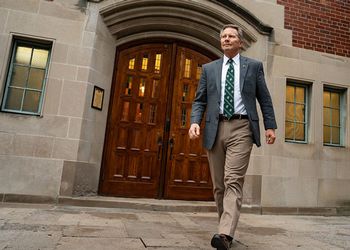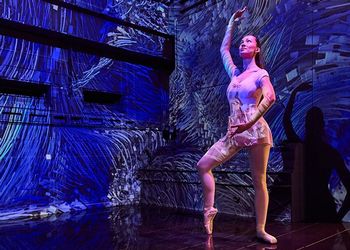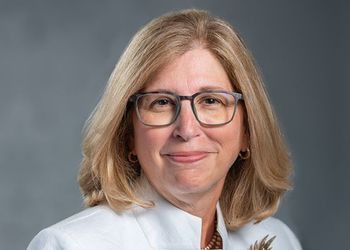EDITH GIBSON: TURNING HARDSHIP INTO ACTION

When her daughter was born in 2006, Edith Gibson faced devastating news.
“The geneticist came to me and said, ‘Make as many memories as you can because she’s not going to live long,’” Gibson recalled. Her daughter, Demetria, was diagnosed with Trisomy 18, a chromosomal condition that causes severe cognitive and physical impairments.
Frightened, Gibson searched for young adults who had survived with the same cluster of disabilities. She found one family whose child had outlived doctors’ predictions, giving her hope that her daughter could, too.
In her search, Gibson learned that “many families who love and care for children with severe disabilities are at their wits’ end in trying to obtain supportive services for their children,” she said. “Many live below the federal poverty guidelines, and it’s not because these parents are lazy … but because their child’s condition requires frequent hospitalizations and intensive 24/7 care.”
So Gibson did what she often does. She tried to help, teaching overwhelmed families to navigate resources in their communities for special education, housing and employment. Today, Gibson works full-time as the founding president and CEO of the Esther Coalition, which helps children like Demetria and their families. In addition to helping families locate resources, the organization provides emergency financial assistance and offers workshops, grief counseling and vocational counseling.
Gibson has been helping others since she was a child, volunteering at her paternal grandmother’s church. After her father was murdered and her mother developed gambling problems, Gibson was raised by her maternal grandmother, Edie, a “strong, hardworking and loyal woman,” she said.
“My strong bond with my Grandma Edie taught me to believe in the power of love, to care for someone outside myself and be courageous in my pursuit for the disenfranchised,” she said.
In college, Gibson volunteered with MSU’s accounting club and the campus chapter of the National Association of Black Accountants. That took her to a local soup kitchen and the MSU Women’s Resource Center, where she helped with financial reports.
When Gibson needs an outlet, she often turns to writing. She’s been journaling and writing stories, poems and memoirs since fifth grade. “It’s rejuvenating to participate in the arts,” she said.
Now, she’s introducing Demetria to the arts through music therapy sessions at the MSU Community Music School. “Demetria has become more vocal since she started music therapy,” she said. “Children with Trisomy 18 are stimulated by music, horseback riding and play therapy.”
Gibson said she’s also sustained by memories of women she met on a mission trip years ago who were singlehandedly raising their children after their husbands perished in El Salvador’s and Guatemala’s civil wars. “I learned that the women made it through their hard times and pain by acknowledging their pain and dealing with it by creating service projects and helping each other.”?



